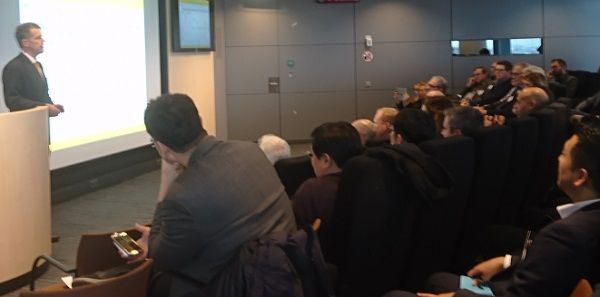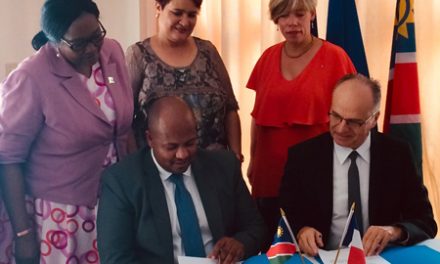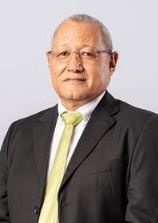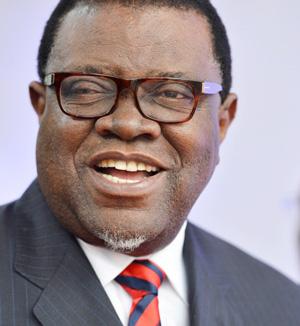
Rotterdam workshop reaches consensus on global standards for port call data

An international taskforce has reached agreement late in 2018 at a workshop in Rotterdam on the standardisation of port call data to support the just-in-time arrival principle and to optimise traffic through ports.
“The Port Call process has been defined after four years of work by the industry-wide Port Call Optimisation Taskforce” said Captain Ben van Scherpenzeel who hosted the Rotterdam workshop. “As a next step, all participants agreed that there is a need to digitise, simplify and optimise our maritime industry by having standardised digital data available, allowing for real-time updates in the port call process. By moving forward together with a robust set of globally-agreed port call data standards, we can assist all parties in investing in solutions,” he said.
The meeting reached consensus on key aspects such as data definition, recording and dissemination based mostly on existing ISO standards. The roughly eighty delegates represented port authorities, shipping companies, suppliers of navigational tools and the logistics sector dependent on the smooth operations of the ports they use as transits.
The scope of port call data includes vessel – berth compatibility, (safe port) information, and information related to the availability of berth, fairway, nautical and vessel services. It also contemplates event data essential for end-to-end supply chain visibility of cargo.
Further debate at the workshop focussed on the interoperability of the platforms and systems developed for vessels to communicate with shore and for the port players to share a common approach to data sharing on each vessel’s port call. The taskforce’s workgroup also agreed to conduct a gap analysis where the standards proposed are yet to be incorporated into relevant ISO standards.
Commenting on the progress, the Managing Director of the International Association of Ports and Harbours, Patrick Verhoeven stated: “the open dialogue between all players involved in shipping and ports in this workshop demonstrates a willingness to use standards and technology for common benefit in improving port call efficiency.
The International Association of Ports and Harbours is a not-for-profit global alliance of roughly 170 ports and 140 maritime companies and institutes representing about 90 countries.
The Rotterdam workshop also agreed to establish clear guidelines and eventual training programmes for ports and terminals across the world to apply the uniform standards.
Caption: Captain Ben van Scherpenzeel (left), chairman of the international taskforce on Port Call Optimisation, addressing the delegates at a workshop in Rotterdam where consensus was reached on the standardisation and deployment of uniform port call data.












































